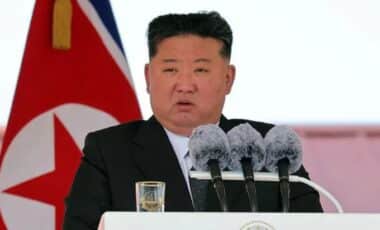forbidden to take them in because they were “fascist children”. For decades their fates hadremained overlooked by Germany, even the government of the unified new Germany. Truly,this one of unfortunate results of Hitler’s insatiable hunger for war and conquest. Fortunately,some were lucky to be taken in, even lovingly cared for primarily by Lithuanian farmers, butnearly to the last of them, they grew into adulthood illiterate and poverty-stricken. Yet, welearn in this brilliant compilation a surprising truth lives within nearly every one of these victimsan overwhelming sense of hope and forgiveness. They were called the “Wolf Children”.“TRANSFORMING HITLER’S GERMANY” is a unique, long hoped for and much anticipated,work by two courageous, dedicated authors combining their narrative skills to tell the story ofthe tentative taken by young men and women into the “afterlife” of Nazi Germany, Hitler’sThird Reich, his dream of a “new type of German”. Encompassing memoirs along the way, thebook presents a quirky portrayal of charm, humor mischief, and personal accomplishmentalong with a vitally important slice of (West) Germany’s social history, which has remainedhidden from the literary world for decades. In short, we have a hitherto unexplored slice ofWest Germany’s social history during a transitionary period, and how the division of east fromthe west shaped the traditional attitudes of German youth post-WWII. As Tia Schuster, a girland young woman who experienced her generation’s unique right of passage long denied, “Theworld suddenly became a very big piece of pie. We wouldn’t be happy with just taking a slice of
this pie, no, we wanted the whole damn thing and we didn’t care if it made us sick!”.








